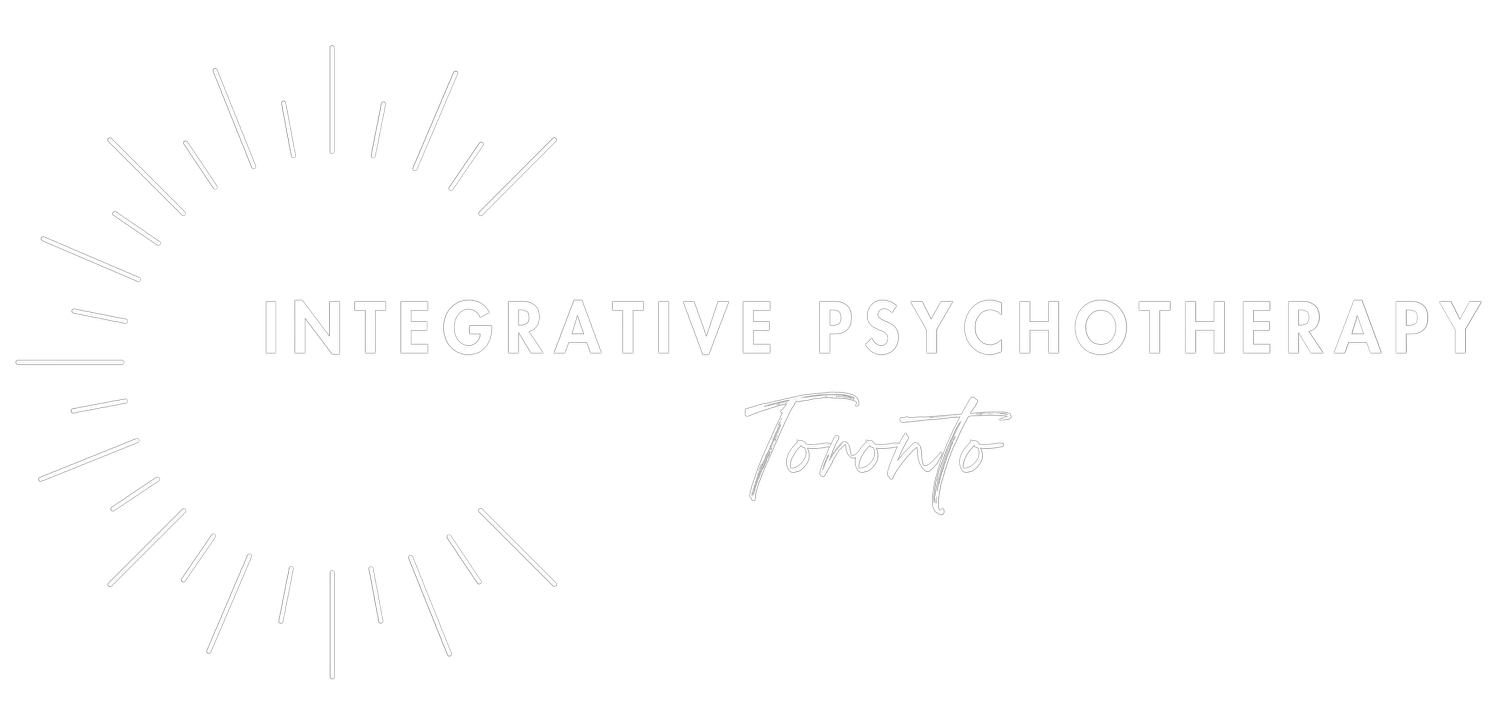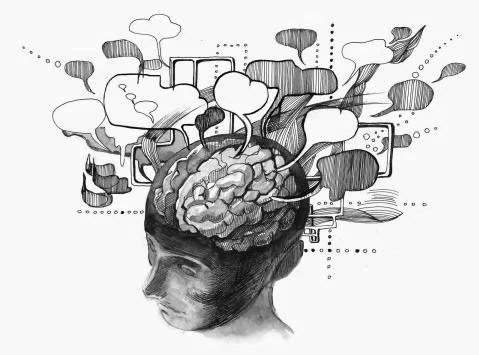What’s in a definition? Why terms impact treatment
Key points:
Trauma is defined by the effects it has rather than the cause, and can be caused by “Big T” trauma (such as war, abuse, and assault) or “little t” trauma (such as attachment inadequacies, emotional misattunement and developmental losses)
Trauma is a psychological process, not an event; it’s a breakdown in our ability to make sense of our experience
The brain makes sense of our experience by linking together different pieces of information that are processed by different levels of the brain; sensory data by the Reptilian Brain, emotional data by the Mammalian Brain and analytical data by the Human Brain
Trauma overloads this linking process, causing a fragmentation in of our experience
Since trauma depends on the psychological effects rather than the inciting event, this means that 1) what is traumatic will be different for different people and 2) dealing with trauma doesn’t have to be simply coping with the event, but rather can be true resolution by healing the aftermath
If you want to learn more, check out my blog on Invisible Trauma, or the video version, Why You Don’t Have to be a Soldier to Have Trauma
In the realm of mental health, the word “trauma” can invoke a lot of different ideas and associations. There tends to be a general consensus around what is sometime referred to as “Big T” trauma - situations such as war, abuse and assault, the disturbing nature of which make them readily identifiable as traumatic.
There is somewhat less agreement in the realm of “small t” trauma. On a scale of mildly distressing to psychologically damaging, how do things like an emotionally distant parent, bullying or the loss of a loved one stack up? The difficulty categorizing such events provides a clue as to how the premise of the question might be flawed.
What makes “Big T” trauma so recognizable is the ease with which we can imagine the physical, mental and emotional distress they are likely to produce. Trauma, then, is defined by the effects rather than the cause. And what makes “small t” trauma more difficult to pinpoint is the context-dependent variability of their psychological effects.
To understand the effects of trauma, we need to have some understanding of the brain and how it creates psychological experience.
I like to think of the brain as a 3-scoop ice-cream cone. If we think about the cone as the spinal cord, the scoop that sits immediately on top of it is our Reptilian Brain. Sometimes also called our survival brain, it’s the oldest in evolutionary terms and governs our most basic physiological functions. It speaks the language of sensations and impulses, and organizes experience through survival instincts.
In the middle, sandwiched between our higher and lower processing centres, is our Mammalian Brain. The Mammalian Brain speaks the language of emotions and understands the world through preferences. In essence, the Mammalian brain use an emotional filter to interpret and qualify our experience to answer the question “yes or no?”
The top scoop is our Human Brain. The most recent in evolutionary terms and the last to mature in terms of childhood development, it houses all of our logical and cognitive capacities. It analyses and interprets the data from the lower levels of the brain, making sense of it and linking it together into a cohesive and integrated experience. It speaks the language of thoughts and organizes experience into a narrative that can describe everything from how I got to work today to why I believe what I believe.
If the Reptilian Brain is thought of as generating raw experiential data, the Mammalian Brain offers the simplest, first-line interpretation of the data (good or bad, approach or avoid), while the Human Brain makes cognitive and logical sense of that interpretation. The constant flow of information through the different processing levels of the brain (known as sensory-emotional-cognitve looping) creates a cohesive, integrated experience.
Trauma, at its core, is simply an integrative failure - an experience that overwhelms the brain’s capacity to organize and make sense of what’s going on. As data continues to flood the system without the processing capacity to organize and filter it, the system is rapidly overloaded.
If we think of the brain as a computer, trauma could be thought of as anything that causes the system to crash. Perhaps there was a software conflict, perhaps too many programs were running on too little RAM, perhaps the hard drive has become fragmented - while the inciting trigger may be different depending on the computer's processing capacity, the result is the same; the system short circuits, crashes and reboots.
Trauma, then, is perhaps better defined as any event that overloads our mental capacity to process and integrate.
Shifting the focus from trauma as an event to trauma as a psychological process gives rise to two important take aways. Firstly, whether “Big T” or “small t,” what is traumatic will vary from person to person; it likely takes much less to overwhelm a young brain than a mature one, a chronically stressed brain than one with an up-to-date virus-protection program.
Secondly, and more importantly, it transforms treatment possibilities. If trauma is less about the event than how we deal with it, then the goals for treatment go from managing the symptoms to healing the system. By expanding integrative capacity and reprocessing emotional memories, we can resolve their emotional impact and let them take their place in our personal history rather than simply learning to live with the aftermath.







